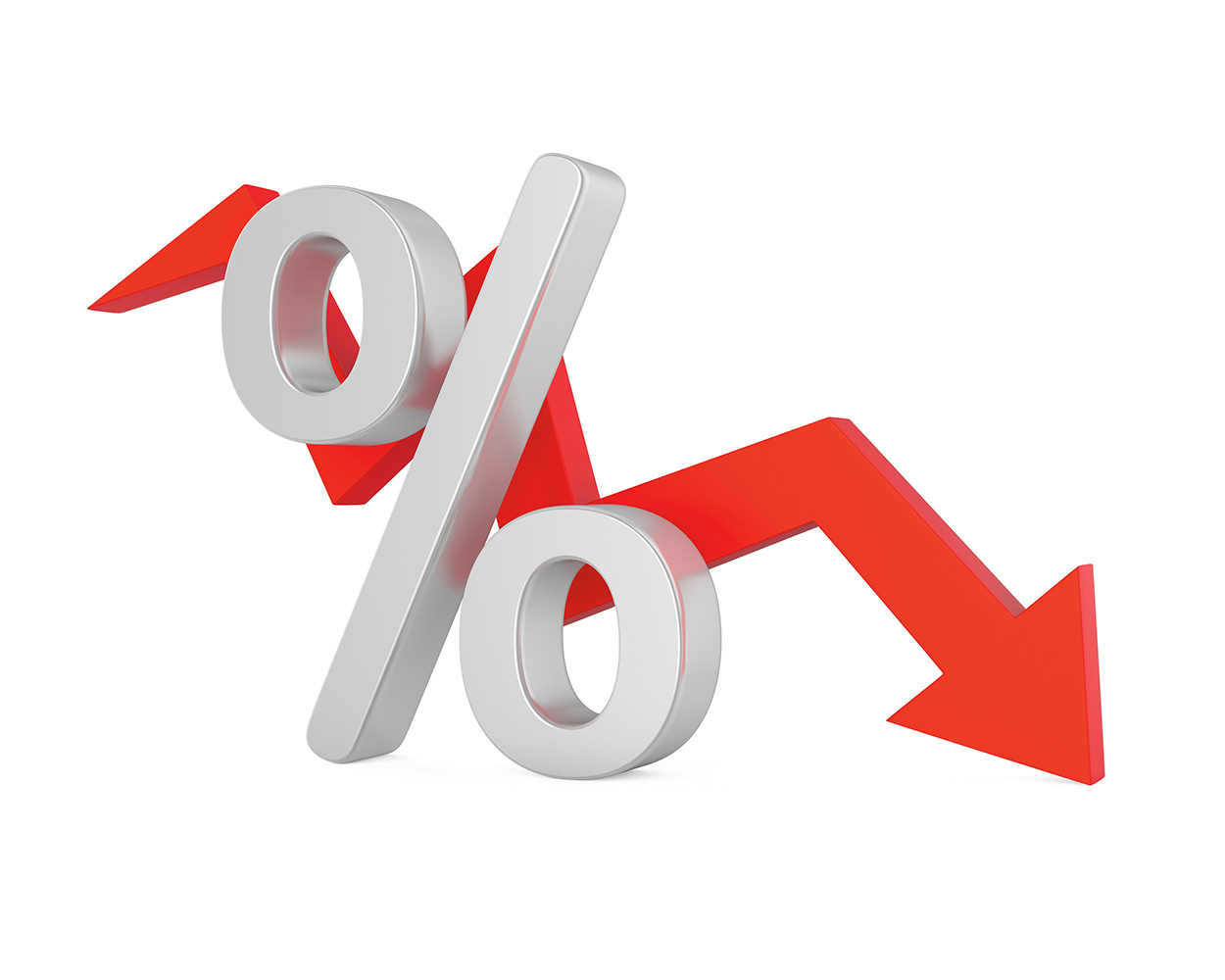While you might sense an opportunity in today’s low rates, it pays to be cautious
By Olev Edur
The global pandemic that has caused so much suffering, hardship, and anxiety has also created a financial situation that may well benefit many Canadians. Interest rates are at a historic low, and the Bank of Canada has committed to keeping them low until the economy has recovered. For some, that may present opportunities—or seem to.
The Remortgaging Conundrum
Lola Gentile, a senior mortgage consultant with Premiere Mortgage Centre in Halifax, says she’s getting a lot of calls from people interested in refinancing their mortgage to take advantage of these low rates, but she cautions that refinancing isn’t always worth doing.
“Every situation is unique and dependent on what type of mortgage you currently have,” Gentile says. “Unless you’re close to the end of your mortgage term or it’s coming up soon for renewal, the penalty to break it may be so high that you’ll never recoup that money, even with the lower rate. I’m seeing penalties of upwards of $20,000, because the lower the rates drop, the higher the penalties get.”
Who holds your mortgage may determine how high those penalties are. The big five banks often charge higher penalties, Gentile says, and some lenders may have clauses that don’t allow you to break the mortgage unless you sell your home. “Everybody tends to fixate on the rate, but you have to look at the big picture—considering issues such as whether you can afford the loan if rates increase—and read the fine print to see what restrictions there might be with lenders that are offering these ridiculously low rates.”
Gentile advises contacting your lender to ask what it’ll cost to break your mortgage, or taking your existing mortgage paperwork to a mortgage broker to explore your options.
Time to Sell?
In many locations, the housing market began to heat up in August, thanks in part to low interest rates, which generally indicate that one could do very well selling a large family home. RBC reported that the pandemic has been driving some people in major cities to sell and move to detached homes in other locations—many have transitioned to working from home and so don’t need to live where they work. Homes often were selling for much more than the asking price, even in communities where this doesn’t traditionally happen. It’s a seller’s market. The flip side, however, is there isn’t much inventory to choose from when you want to find a new home.
Another effect of the pandemic is that many condos have suddenly become available in cities such as Toronto, as investors who bought them to rent on Airbnb have begun selling—as the tourism sector has bombed, Airbnb rentals have taken a huge hit and those investments have soured. “But that’s a specific type of property, typically the smaller one-bedroom units that these investors buy up,” says Danyelle Boily, a Toronto realtor with Bosley Real Estate. “The bigger, quality condos are more competitive and can still sell at $1,200 per square foot.”
The pandemic real estate boom runs counter to the predictions of the Canada Mortgage and Housing Corporation (CMHC), which expected a global recession to drive prices down, with a recovery in 2021. Given that we’re still in the middle of the pandemic, things could easily change at any point.
This might also be a great time to finance a cottage, or a home for a family member such as a parent or child. However, Lynn MacNeil, a Montreal-based financial planner with Richardson GMP, warns that any property decisions you make should not be spurred solely by low interest rates. You need to consider whether you’re making a lifestyle decision or an investment decision. “Interest rates don’t drive the quality of investment,” and there may be better ways to invest than by buying property, MacNeil says. “You don’t want to end up asset rich and cash poor. You can’t pay for food with a cottage.”
Leveraging Debt for Tax Benefits
MacNeil says that while this is a challenging time for investors
—low interest rates clearly aren’t benefiting them—there are still opportunities to be found that capitalize on low interest rates. One of the biggest such opportunities is spousal loans, for which the Canada Revenue Agency (CRA) in July dropped the interest rate from two per cent to one per cent.
“Spousal loans are an interesting tax opportunity that works when there’s an imbalance between the assets that a married couple has and one spouse pays tax at a lower rate than the other,” MacNeil explains. “You can lend your lower-tax-rate spouse money to invest, and the income on that investment would be taxed at his or her lower rate.”
A typical scenario for which this would work is if one spouse has been the breadwinner for much of a couple’s married life.
“If the husband, for example, already has a lot of money outside of an RRSP or TFSA, he’s going to pay taxes on the income and growth. If he gave, say, $100,000 to his wife, he’s still going to pay taxes because of CRA attribution rules. One way around this is to lend his wife that same amount: she invests it and pays taxes on the income at her lower tax rate. She pays him interest on the loan at the one per cent interest rate, and he pays taxes on that, but the couple still ends up making money when the after-tax income is greater than the after-tax interest cost of the loan,” MacNeil says.
However, the interest on the loan must be paid back by January 30 of the following year; otherwise, the entire loan is considered tainted. “If that happens, then attribution rules are applied to that loan going forward and you lose those tax benefits,” MacNeil warns. “The CRA could then raise the prescribed interest rate for these loans in the future. You need to talk this through with a financial advisor to see whether spousal loans make sense for your situation.”
Debt Consolidation
If you have a fair amount of debt, low interest rates mean that this is a great time to consolidate that debt. “So many people are paying off their credit cards at 20 per cent interest while they have a line of credit that they could use instead on which they’d be paying only three per cent interest,” MacNeil says. “Consolidating all your debt will reduce your overall interest costs and improve your cash flow.”
Rejigging Your Portfolio
For investors, historically low interest rates are nothing to celebrate, so if you haven’t recently met with a financial planner to examine how your money is invested, now could be a very important time to go over everything.
“Over the past three decades, the healthy performance of stocks and bonds has made investing seem easy and making returns of eight to 10 per cent was a reasonable expectation. That’s not likely going to be the case anymore, and I think people have to readjust their return expectations,” MacNeil says.
Diversifying your portfolio with alternative investments, such as private shares, could be a good idea. This is a fairly new direction that investors are heading in, and one that may help create a diversified income stream that will better help you weather the current financial climate.
“Ten years ago, alternatives were not something that we talked about with clients, but today they make up 20 to 30 per cent of some clients’ portfolios,” MacNeil says. “Investing is an environment that is constantly changing, so you need to ensure that your financial advisor is keeping up with those changes and offering up-to-date advice.”
Photo: iStock/Nerthuz.






